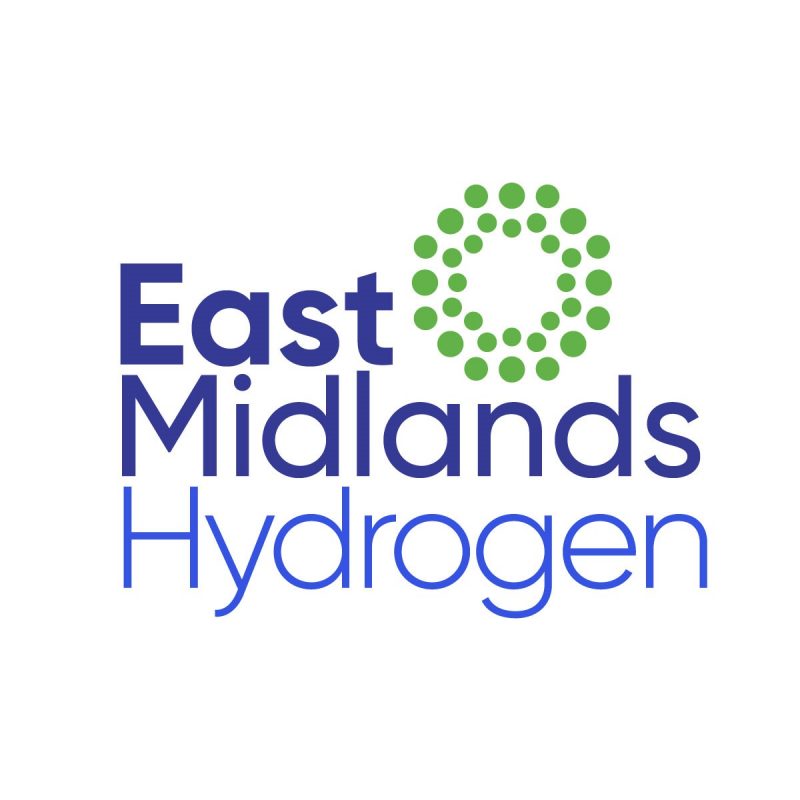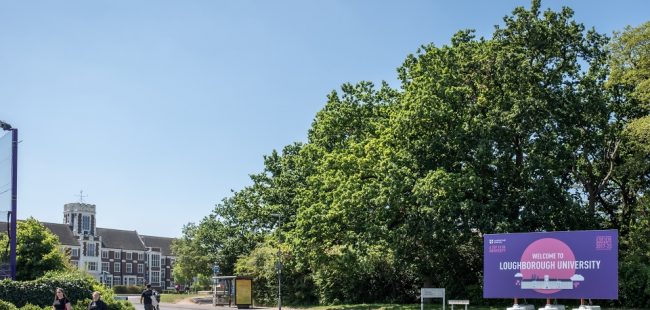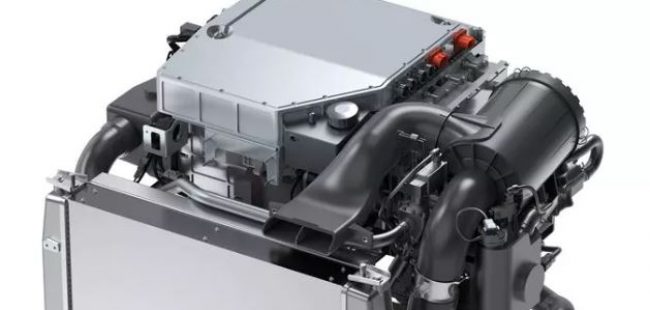The LLEP has collaborated with leading regional public and private organisations to form a new industrial partnership which is poised to launch the UK’s largest inland hydrogen cluster.
East Midlands Hydrogen brings a unique proposition from partners including D2N2, Cadent, Uniper, Toyota, Midlands Engine, and East Midlands Freeport.
The cluster is in the heart of the country – unlike other coastal-based major hydrogen sites – and brings together an intensive cluster of hydrogen demand forecasts from around 70 industrial sites in Nottinghamshire, Derbyshire, and northern Leicestershire.
They are asking for more than 10TWh of hydrogen by 2040, to enable site decarbonisation. For these sites alone, access to low carbon hydrogen would enable carbon savings of 1.9 million tonnes per year, the equivalent of gas-related carbon emissions from 860,000 homes.
Neil McGhee, LLEP Board Member and Low Carbon Champion, said:
Energy intensive industries, particularly within the manufacturing sector, must decarbonise if we are to meet the challenge set by Government of being Net Zero by 2050.
To help those businesses, protect jobs, and to capitalise on the growth opportunity of a new hydrogen economy, we need to ensure that those manufacturers are able to access low carbon hydrogen.
The East Midlands region is perfectly set up for large-scale low carbon hydrogen production through electrolysis. Previously known as ‘Megawatt Valley’, its high voltage electrical transmission power lines were originally constructed to enable power export from the string of coal-fired power stations built along the river Trent.
Available water from the river, coupled with imported renewable energy could enable ‘Megawatt Valley’ to metamorphose into a hydrogen production heartland at GW scale, with multiple forecasts received for a total of 500MW production capacity across the region.
Becoming the UK’s largest inland hydrogen cluster would bring significant economic benefits to the region. A PWC report, set for publication in October 2023, estimates that development of a full hydrogen supply chain in the East Midlands would contribute £10 billion GVA and 110,000 jobs created or retained by 2050.
Sir John Peace, Chairman of Midlands Engine said:
The Midlands Engine Partnership 2022 Hydrogen Technologies Strategy showcased the bold ambition of our region’s stakeholders to pioneer, commercialise and deliver a hydrogen ecosystem to establish the Midlands as a nationally important location for hydrogen innovation and application.
The launch of East Midlands Hydrogen – pioneering the UK’s largest inland hydrogen cluster – is a significant milestone on this wider regional journey as partners clearly demonstrate there is both real demand for and confidence to invest in a regional hydrogen energy system at scale.
The scale of the Midlands hydrogen opportunity will only increase with time as we capitalise on this economic net zero opportunity.
Tom Newman-Taylor, Chief Executive, East Midlands Freeport said:
East Midlands Freeport is working hard to unlock the potential of the region by attracting significant new investment, creating highly skilled employment opportunities and accelerating towards our Net Zero commitments.
Backing hydrogen for industry and propulsion is the latest step to position the region as a hotbed of innovation for green energy and technology, with world-leading research partners at the heart of the country.
As part of this, we will be working to assist the regional hydrogen transition through strategic
support for the hydrogen skills and innovation agenda.Working with regional partners, we want to see a critical mass of hydrogen skills in the region, filling the higher technical skills gap, upskilling as well as reskilling the workforce to attract and retain high calibre talent.
Sally Brewis, Head of Regional Development, Cadent, said:
The sheer scale of demand for hydrogen in this region, coupled with GW production potential, creates an urgent imperative for a 100% hydrogen pipeline to connect supply and demand.
Bricks, building materials, food and drink, and flexible power generation companies have all told us they need hydrogen to decarbonise.
Design work is underway for a dedicated sub-section of Cadent’s East Coast Hydrogen pipeline network; the low carbon hydrogen delivered by our pipeline would allow industry to decarbonise their operations and protect manufacturing jobs in the region.
East Midlands Hydrogen partners and supporters will come together on Friday 22 September at Toyota Motor Manufacturing (UK) Ltd in Burnaston, Derby, for an event showcasing the plans.
The event will host more than 150 local industry partners, including hydrogen producers, distributors and more than 30 prospective industrial users of hydrogen, local authority representatives, as well as political champions of hydrogen.
The launch event is fully booked, however there is a waiting list for places. Anyone wishing to join should contact events@d2n2lep.org
Read our Low Carbon strategy



